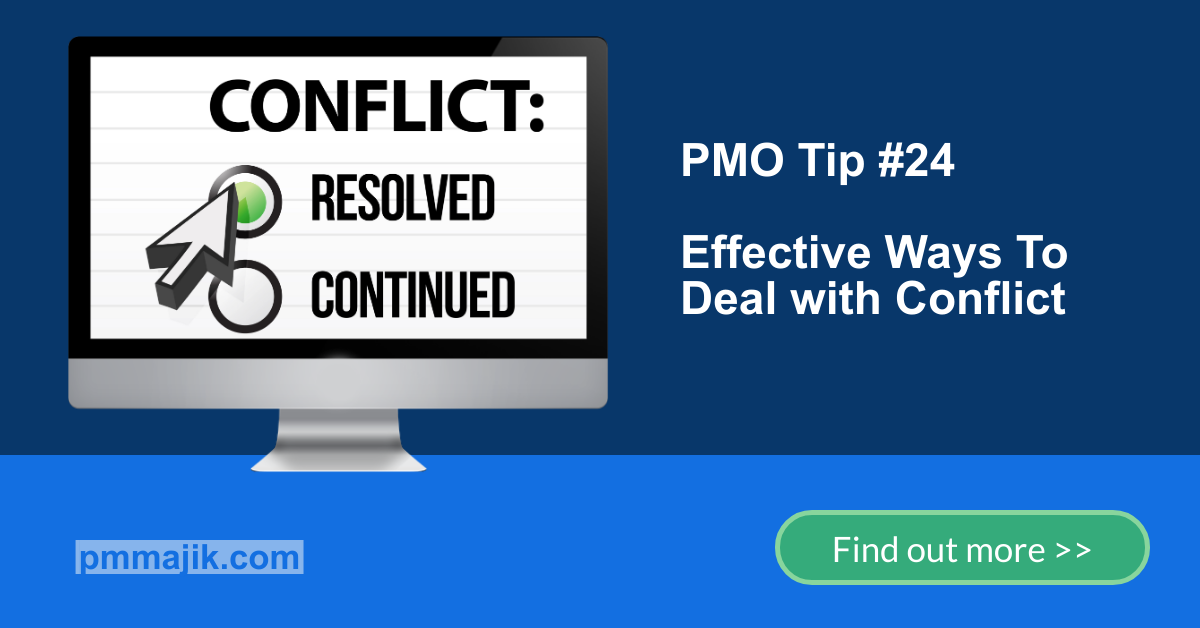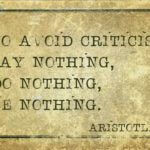We may have found our whole lives in a situation where we consciously or unconsciously get entangled with the corporate conflict between two teams in the office. The point is we can still resolve it using the right approach. Organizational conflict is unavoidable, particularly when disparate teams—like project and development teams—cooperate closely.
Effective conflict resolution techniques, however, can assist in transforming disagreements into chances for development and cooperation for the sole benefit of the organization. The following are some strategies that work well for resolving disputes between development and project teams.
Top 7 Ways to Effectively Deal with Conflict in An Organization
1. Establish Open Channels of Communication
Promote an atmosphere that values candid and open communication. Provide forums where team members can voice their thoughts, worries, and opinions. To perfect this method, hold frequent check-ins and meetings so that the development and project teams may discuss issues, developments, and problems. Make it as opinioned as possible. That way, the two parties can vent their issues.
2. Specify Duties and Positions
This is where the management makes sure that all individuals are aware of their specific roles and responsibilities within the project. “Role stuffing” can result in miscommunications and confrontations. You must establish clear expectations for each team and individual and highlight the value of each team’s contribution to the project as a whole to promote teamwork.
3. Set Common Goals
Align development and project teams around shared aims and objectives. This common goal reduces conflicts resulting from competing objectives and fosters a sense of oneness. Stress that both teams are collaborating to ensure the project’s success as a whole rather than chasing individual goals.
4. Encourage Empathy
By promoting empathy, you are getting the teammates to comprehend the difficulties and limitations that the opposing team faces. This will go a long way to making one party understand the other’s struggles; hence, it fosters cooperation and respect for one another. Also, plan some team-building exercises or seminars that encourage a deeper comprehension of the goals and work procedures of each team.
5. Put Conflict Resolution Procedures Into Practice
Prevention, they say, is better than cure; it pays to dictate an impending. To do this, create transparent dispute resolution procedures that dictate and deal with problems quickly and equitably. Putting in place a systematic process aids in settling disputes before they get out of hand. Management must endeavour to provide procedures for mediation or intervention in the event of conflicts and encourage team members to express their concerns through the proper channels.
6. Offer Dispute Resolution Training
Conduct seminars on communication strategies and dispute-resolution tactics. Team members should be given the resources they need to resolve disputes amicably. Companies should also normalize holding conflict resolution workshops that are suited to the unique dynamics of project and development teams. This can be achieved by hiring outside facilitators or specialists.
7. Continuous Improvement
Create a culture in which seeking out and utilizing feedback is an active way to improve teamwork. Every company management should have a way to regularly review and modify conflict management plans in light of the project’s changing dynamics and the needs of the participating teams.
Conclusion
There are more effective ways to deal with conflicts out there; the ones mentioned above are considered the most effective and suit almost every organization. Also, management must try to create what works for them: come up with solutions that suit their kind of work environment.
Business organizations must encourage team members to collaborate on common tasks to foster cross-functional teamwork. Set up collaborative brainstorming or workshop sessions with the project and development teams involved.






